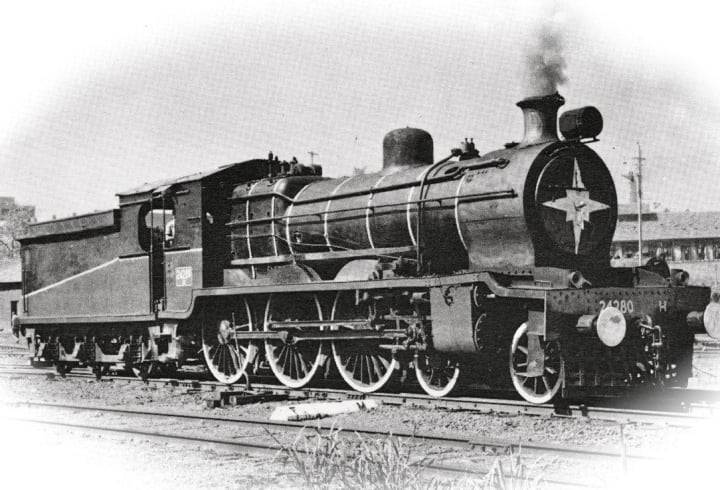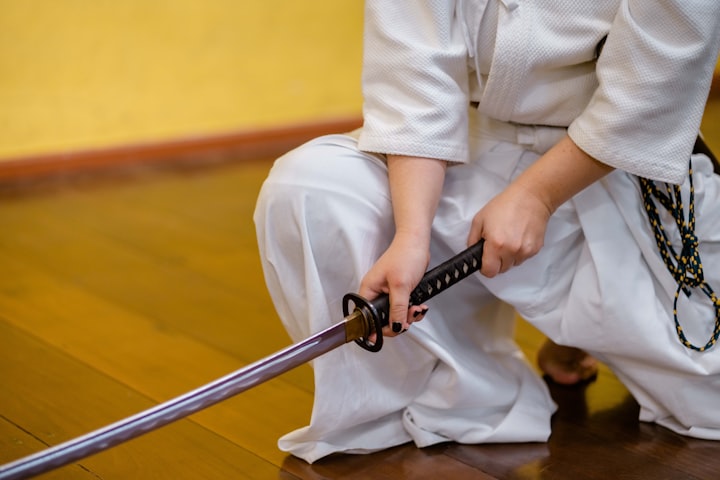
She had dreamt of a Wa huhu that autumn night. It had been a cold one and she had asked her mother for an extra fur for warmth to cuddle under. Her belly had been full of the delicious stew made from corn, beans, and venison which her beloved Elisi, her mother's mom, had made. The campfire gave them all comfort as her father and the other young men were off on a hunting trip that would last for several days. And before she had said her goodnights, her Edudu, her mother's father had taught her of the seven grandfathers. The lesson that evening had been on truth.
She was happy and contented, although there had been hard times in her tribe, a few of which she had experienced in her short eight years, she had not suffered. The weathered features of her elders, however, told of a different story. But to Kayah (little, but wise one,) Native American life was good. She fell asleep thinking upon what truth Edudu spoke of and what it meant in her life. "Understand, my child, that truth will guide you in your journey, Kayah," Edudu had emphasized this as his dark eyes had peered into her own. And finally, he added, "Know who you are."
The dream of Kayah's frightened her. Owls were the same as omens and often brought death behind a sighting. But sometimes, the Wa huhu also meant that it was time to leave the old ways behind and begin a new future. Either way, the tiny girl with long, dark braided hair was not at ease with the whitish-brown creature that flew back and forth in the night skies of her slumber. The bird, the whites called a barn owl, scooped and screeched and awakened Kayah. But the screeches followed into her waking hour from the mothers, children, and old people left in her village.
The men left behind (the elders) including her own Edudu had been killed. The widows cried and they, too were killed. Including her Elisi. The younger mothers clung to their children and attempted to run off and hide, but to no avail. They all had been gathered up and were being taken off on horseback. Kayah screamed out in vain to her father over and over. It had enraged her white captor to the point of him carving into her mother's face with a knife. Guilt and shame enveloped the young girl who seemed to be eight hundred years after that instead of only eight. She would cry out no more she swore to herself.
The twenty or so captors travelled with Kayah's tribe all day without stopping until they reached the town with the big iron smoking machine which bellowed. She would later learn that it was called a train. Soon she and her mother would be separated and she would be put in a wooden box car on that train monster with all the other village children. She had heard stories of the whites selling children into slave labor. How could her heart take anymore?

Kayah was literally thrown into the urine and feces smelling box with scattered hay on its floor. There were also several hogs and scattered corn pellets strewn about. There were other children in there already and others being pitched in before the doors rudely closed, leaving barely a hint of the sun which was going down. The children ranged in ages from nearly ten to five. Kayah knew them all. There were seven of them. Her favorite, a boy named Tala, named for a wolf. Tala was a year older than she, but not old enough to have gone on the hunt with their fathers. He had not been happy about that fact, either. Kayah had to agree that Tala had skills. Tala could read the stars and follow their paths, he could look for signs and tracks of wildlife in the woods, and had already been able to identify which plants were edible, which were used for medicines, and which were poisonous. Tala had found his truth. Kayah doubted her path and considered herself to have failed her mother.

The train rocked and tumbled and moved for hours. Occasionally a child would peer out the holes in the wood to see the moonlight. Tala said they were going west. Several of the children wretched vomit and cried softly, comforting one another. There was no comfort for Kayah. But after endless hours, she did doze off only to dream again.
This dream was of Tala and the Wa huhu was guiding him. Behind him the other children followed. The winds were warm and seemed to cause the grass in the vast land to whisper to them. They whispered of home. But Tala had grown strong and tall in her dream and a huge wolf stood beside him.
The iron monster continued for another day. When it did stop, the children were fed and watered meagerly and told to board again. The sun blinded them after their dark enclosure. Tala gathered herbs that he could find for the children who had stomach ails. Kayah admired his strengths but at the same time they only served to diminish any she might believe she had.
Each day the journey continued and the same dream invaded her thoughts. So much so that she shared them with Tala. She had expected him to laugh and dismiss her childish stupidity, but he gazed past her in deep thought and was silent for a length of time. After that day, the two of them became inseparable. Each gained strength and confidence from the other. The others took note and were drawn to them as well.
Once the train came to a final destination, a man and woman in a wagon was at the station to meet them. They were carted off unceremoniously to a large farm in the middle of nowhere. They were told to sleep in the barn, but expected to work the fields and animals from sun-up until sun-down. Day by day, week by week, month by month. The moon waxed and waned over and over again. Each night, no matter how tired they were, the children huddled and told themselves the stories their elders had told them to never forget. But the grass. That was the grass of her dreams.
Six seasons of years had passed and soon Tala was that man from her dream. Kayah reminded him of this. Tala called the others and discussed a departure in search for their family. He spoke to them of Wa Huhu leading him and turned to face Kayah. She was as surprised at him calling her this as the others were. But then Tala said it was her truth and the words of her grandfather came to her heart again. Together they would lead them to their home again. It would come to pass.
About the Creator
Shirley Belk
Mother, Nana, Sister, Cousin, & Aunt who recently retired. RN (Nursing Instructor) who loves to write stories to heal herself and reflect on all the silver linings she has been blessed with






Comments
There are no comments for this story
Be the first to respond and start the conversation.